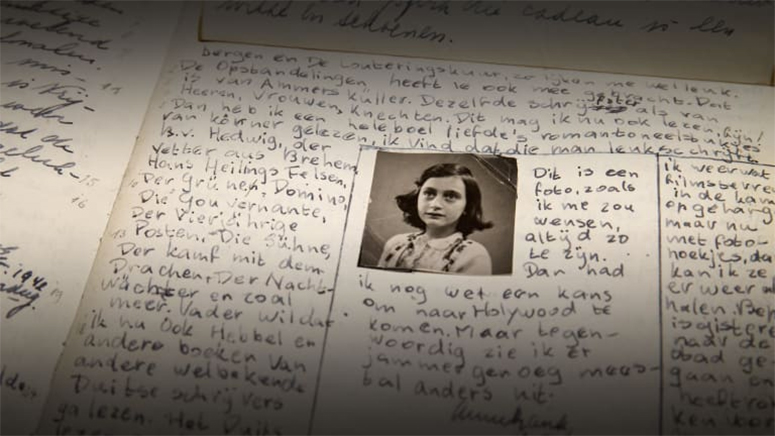Talk! You're Filipino
What lesson did I learn from watching the martial law documentary 11,103, and from listening intently to the Q&A afterwards? The lady from Mindanao said she had not spoken about her experience for 40 years. She kept anger and pain festering inside all that time. When she finally decided to remember in detail all the atrocities she had been through, she was interviewed for this film. Her story finally told, she said she felt liberated. The gentleman who said, “There is no peace in the Philippines because there is no justice here,” also showed no fear while talking, even if it meant shedding tears publicly.
“What is the lesson Filipinos have not learned?” a doctor asked during the open forum. That question haunted me. It’s not because the people who were tortured had forgotten. They remembered everything. They might have spent sleepless nights remembering, locked themselves in somewhere, and sobbed. Or maybe they worked quietly and kept their mouths always shut. They did not want to talk about the ugly things that had happened to them. Why not? Is it because Filipinos don’t like to talk about personal things? Sure, they gossip. They invent things about people they grossly dislike, but they do not talk about matters that, to them, are “personal.”
My mother had Alzheimer’s Disease. I wrote about how hard it was for me, how we could not seem to understand each other, how I would feel whenever I would visit her, how I would shut heavy curtains on the world and just leave a small space for the two of us. How I hoped she would smile at me and how, some rare wonderful times, she did.
Some people, two or three, texted that I shouldn’t write about my personal problems. How embarrassing to write about Alzheimer’s, they said. But there were more strangers who thanked me because they learned from reading my columns. Their parents or someone close to them were sick, too. They had some unknown (to them) disease and now they thought it might be Alzheimer’s. To this day I get texts asking for information on homes, on the disease itself. I might have inadvertently turned myself into an authority on Alzheimer’s Disease, but in the end, I think they ask me because I am an ordinary person like them who just happens to know a lot more on the topic because I have experienced taking care of a person with Alzheimer’s. Experience makes us learn thoroughly and talking about it makes us understand it deeper and makes us help other people understand it better.
Experience makes us learn thoroughly and talking about it makes us understand it deeper and makes us help other people understand it better.
So, the number 11,103. Was that the number of survivors the assigned investigators found? No, of course not. I am not sure now but I think that might have been the number of victims that submitted enough proof to be granted compensation. There were so many survivors who surfaced, making claims. Their files are saved somewhere. If you want to know where and by whom, I suggest you see the movie. I think it’s a movie I have to see four or five times to remember all the details. I have only seen it once and yet it won’t let go of me. It’s very moving because it tells the truth.

Do you read biographies? Those are the stories about the personal lives of people written by another person. What about autobiographies? Those are stories written by the person herself about her life and the lessons she learned. She takes you through the facts and feelings. When you finish reading, you understand. Did you read The Diary of Anne Frank? Did you read it to gossip about Anne? No, you wanted to understand how the Jews felt under Hitler. She was a young girl but she made us understand their anxiety more. There is so much value in sharing experience. You are not just talking about events, you are sharing insights on what you learned. When you share personal experience, you are talking heart to heart. You share your learning. That’s what Filipinos have not learned how to do. They have not learned to talk about how they genuinely feel. They are afraid of what other people will say, what they might think. I think there is hidden immaturity in most Filipinos.
What is maturity? It’s when you know yourself fully and love yourself as you have become. You now take full responsibility for your life. That’s the one thing that stood out in 11,103. The survivors spoke honestly about their lives and at the time when they chose to break their silence, they took full responsibility for telling their truth. Then they picked themselves up, dusted themselves off, started and succeeded, all over again.
Bravo to all the survivors of martial law who spoke about it bravely! Now everyone must watch 11,103 and learn to speak honestly about their own experiences.


